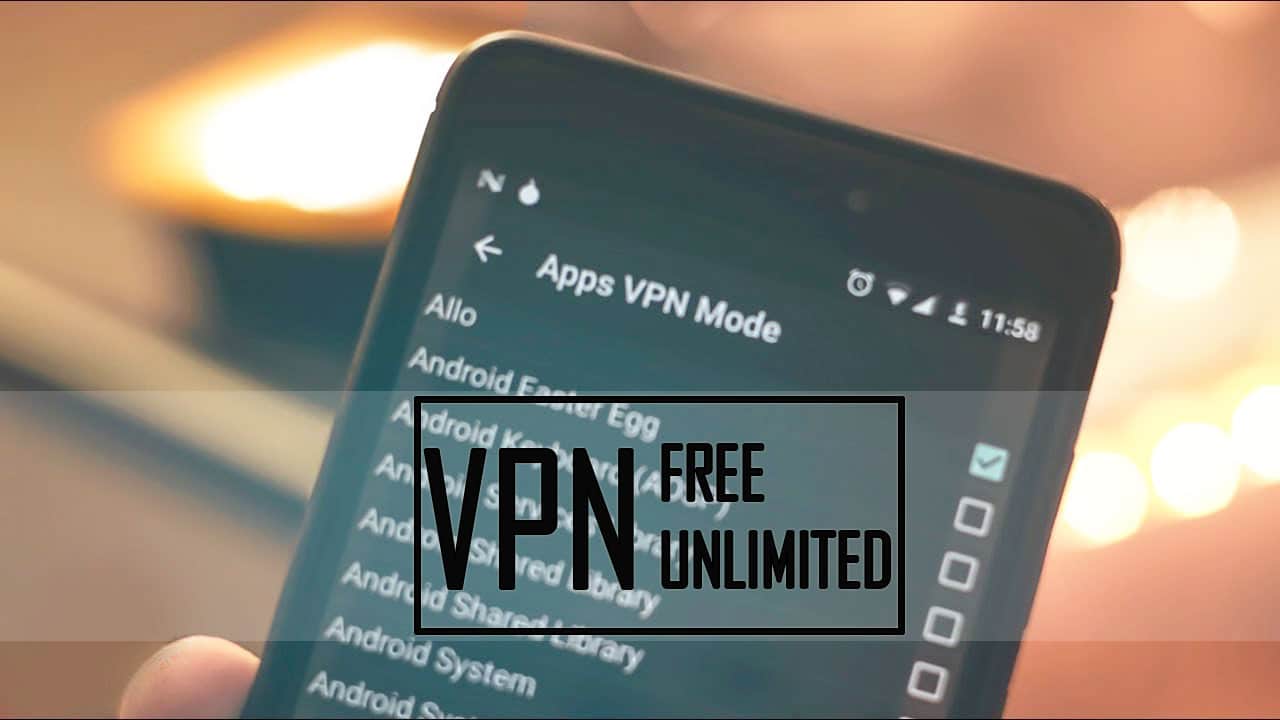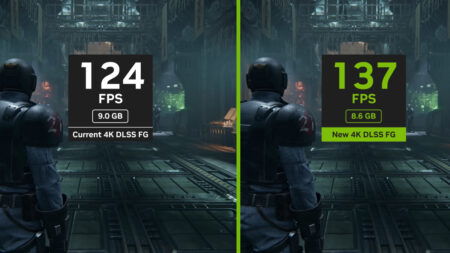[Updated on August 3, 2024, to improve readability and revise formatting.]
A free VPN is a pretty difficult offer to resist. VPNs keep you safe, secure, and anonymous. They stop your ISP from monitoring your activity. They stop criminals from stealing your private data and using it to commit fraud in your name, target your friends, or steal from you. And they let you watch region-locked Netflix. Plus, you don’t have to pay for them. Well, kind of.
The thing is, there’s no such thing as a free lunch. And there’s no such thing as a free VPN either. If you’re not paying in cash, you’re paying some other way. Typically, that’s data. Gathering and selling your data is the business model of the internet. Never before has it been possible for advertisers to acquire this kind of information about — well, basically, everyone and show them just the right ads. Most free web-based services, from Facebook to Google to Reddit, finance themselves this way. And free VPNs are no exception.
So why does it matter if a free VPN collects data on you? It’s because they can then respond to law enforcement requests for that data, something that no VPN can do if it really doesn’t keep logs. And partly because collecting and selling your data means storing it, and who sucks at storing data securely? Everyone. Walmart, the federal government, everyone. So, a shady ‘free’ VPN owned by a shell company that resells data in bulk to advertisers? That’s your data, which is out of your control and unsafe forever.
Well, if your motivation is to keep costs down, remember that the difference between a free VPN and a very cheap one isn’t actually that much. You can grab VPN lifetime subscriptions for less than $50 on some sites; that’s one payment, and you’re set for good. If that seems like too big a pill to swallow, consider looking for a list of the cheapest respectable VPNs. Even big names can be as little as $4 a month for longer plans if you’re willing to pay in a lump. And special offers that take them down to $50 or $60 for a 2-year plan come around often. And prices around $8 a month for pay-monthly plans aren’t unusual either.
At the same time, the gap between the performance of a VPN that’s free and one that’s very cheap is all the difference in the world. Thousands of servers, streaming unblocked, no logs, and rapid speed are all standard features of premium VPNs costing just a few bucks a month. If you’re serious about keeping your personal and business data safe, there’s no getting around it: you have to pay. But the good news is, you don’t have to pay very much.







